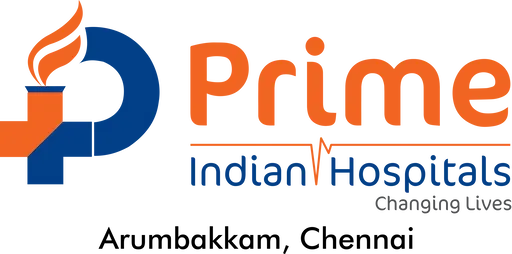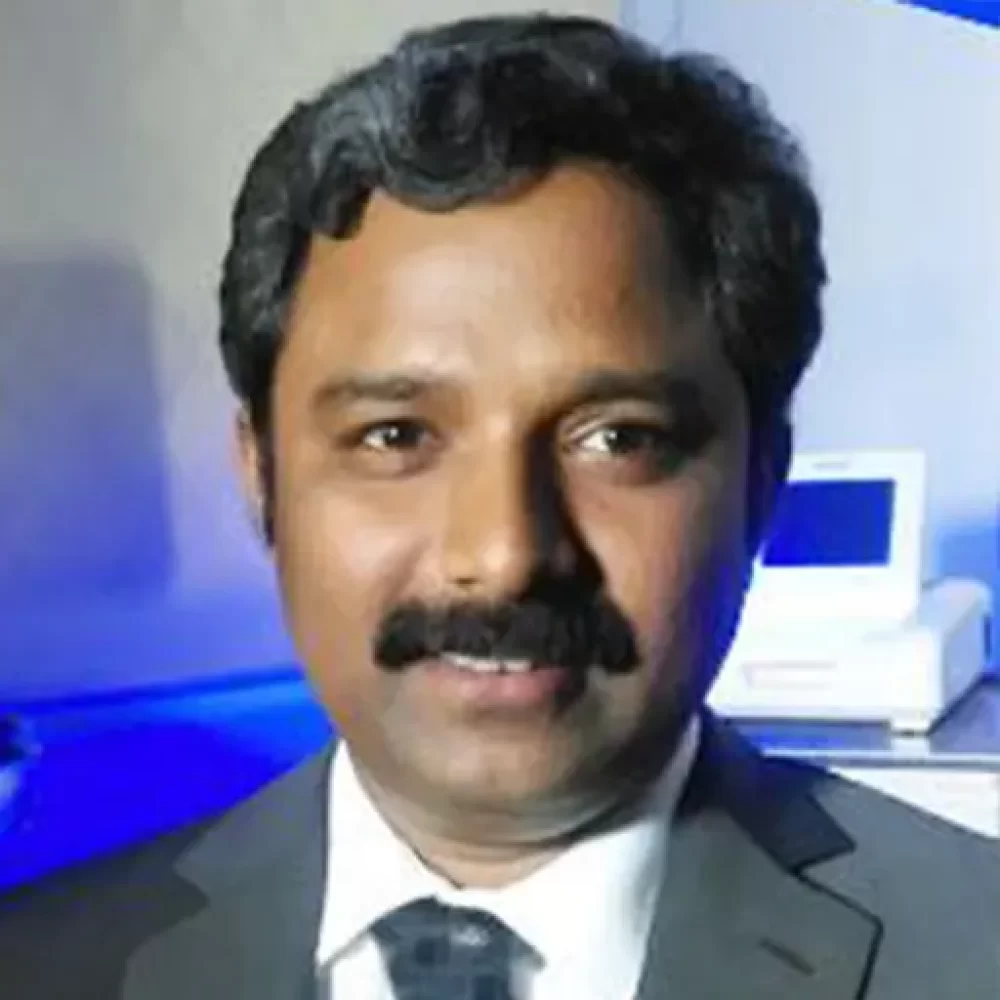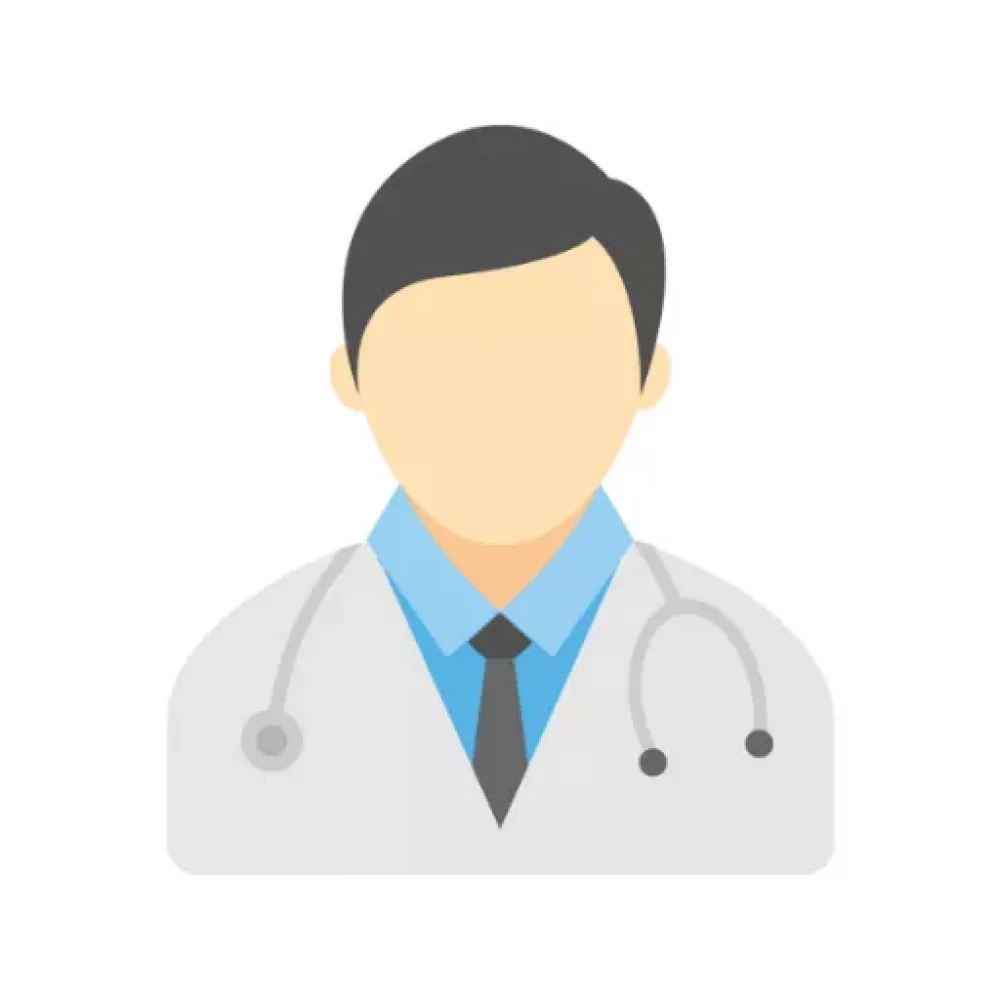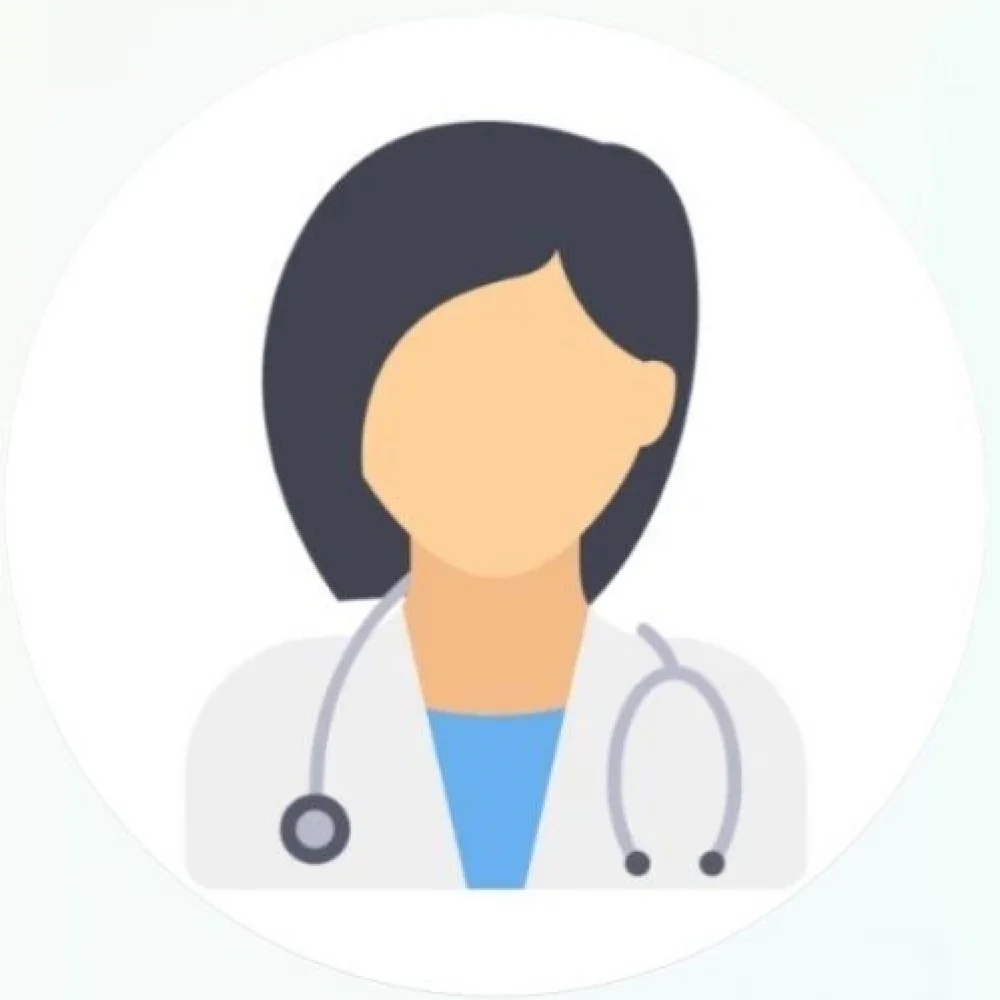Acid reflux (GERD) occurs when stomach acid repeatedly flows back into the esophagus, irritating its lining. This chronic condition affects millions and is often triggered after meals or while lying down. GERD can cause long-term damage if untreated, including esophagitis, strictures, or Barrett’s esophagus. Early identification and proper acid reflux treatment in Chennai can significantly reduce complications and restore digestive health. People living in urban areas, especially those near Arumbakkam, can access expert care and advanced solutions.
Gastroesophageal Reflux Disease (GERD)
GERD is a digestive disorder that occurs when stomach contents, including acid, back up into the esophagus. This happens because the lower esophageal sphincter (LES), which acts as a valve between the esophagus and stomach, becomes weak or relaxes inappropriately. Normally, the LES prevents stomach acid from flowing back up, but in GERD, this function is impaired. Over time, frequent acid reflux can damage the lining of the esophagus, causing inflammation and irritation.
- The most common symptom is heartburn, a burning sensation in the chest.
- GERD may also lead to regurgitation of food or sour liquid into the throat.
- If left untreated, GERD can cause complications like narrowing of the esophagus or esophageal cancer.
Understanding GERD is critical for early intervention and minimizing its adverse effects. Lifestyle modifications, such as avoiding trigger foods and losing weight, play a crucial role in its management.
Symptoms of GERD
GERD presents a wide range of symptoms that vary in intensity and frequency. Early identification and acid reflux treatment in Chennai can reduce symptom severity and prevent complications.
- Heartburn and Chest Pain: A burning sensation in the chest is the most common symptom. It often worsens after eating or lying down and may mimic heart-related pain.
- Regurgitation: Sour or bitter-tasting acid backing up into the throat or mouth can occur, especially when bending over or reclining.
- Difficulty Swallowing: Inflammation or narrowing of the esophagus due to acid damage can make swallowing painful and problematic.
- Persistent Cough or Hoarseness: Chronic irritation from acid can lead to throat inflammation, resulting in hoarseness or an ongoing dry cough.
- Lump in the Throat: A persistent sensation of something stuck in the throat, often without any physical blockage, is commonly reported.
- Aggravated Respiratory Symptoms: Acid reflux can worsen asthma or lead to breathing issues due to acid aspiration into the lungs.
- Disturbed Sleep: Nocturnal reflux may interrupt sleep, leading to fatigue and reduced daytime performance.
- Dental Issues and Bad Breath: Constant acid exposure can erode tooth enamel and cause chronic halitosis.
Patients seeking Top GERD Treatment in Chennai often report improvement in these symptoms after proper medical guidance.
Causes of GERD
Several contributing factors can lead to GERD. Identifying them supports effective acid reflux treatment in Chennai and symptom control.
- Weakened LES: When the LES doesn’t close properly, stomach acid easily escapes into the esophagus.
- Obesity: Increased abdominal pressure from excess weight can push stomach contents upward.
- Hiatal Hernia: This condition allows the upper stomach to bulge into the chest cavity, weakening LES function.
- Pregnancy: Hormonal changes and physical pressure from the growing uterus promote reflux.
- Smoking: Nicotine weakens the LES and reduces saliva, which normally neutralizes acid.
- Certain Medications: NSAIDs, sedatives, and calcium channel blockers may impair LES function or slow digestion.
- Trigger Foods: Caffeine, spicy foods, chocolate, citrus, and fatty meals often provoke reflux symptoms.
- Delayed Gastric Emptying: If food stays longer in the stomach, it can increase pressure and reflux.
Proper identification of causes is essential for personalized GERD Treatment in Chennai.
Risk Factors for GERD
Understanding the risk factors for Gastroesophageal Reflux Disease (GERD) helps individuals take preventive steps and seek timely acid reflux treatment in Chennai before symptoms become severe. While GERD can affect anyone, certain medical, lifestyle, and genetic factors significantly increase the likelihood of developing chronic reflux.
Age and Gender: GERD is more commonly diagnosed in older adults, particularly men, who are at a higher risk of developing complications such as esophagitis or Barrett’s esophagus.
Family History and Genetic Predisposition: A strong family history of GERD may indicate inherited susceptibility, making early monitoring and lifestyle modifications essential.
Sedentary Lifestyle and Obesity: Physical inactivity and excess body weight increase abdominal pressure, pushing stomach acid into the esophagus. Maintaining an active routine reduces reflux frequency and lowers dependence on long-term medication.
Unhealthy Eating Patterns: Frequent overeating, late-night meals, and lying down immediately after food can trigger repeated reflux episodes. Poor dietary habits remain one of the leading contributors to GERD progression.
Stress and Mental Health Conditions: Chronic stress, anxiety, and emotional strain can affect gut motility and acid production, worsening reflux symptoms over time.
Associated Medical Conditions: Certain chronic illnesses, including asthma, diabetes, and connective tissue disorders such as scleroderma, are linked to a higher incidence of GERD.
Alcohol and Tobacco Use: Alcohol irritates the esophageal lining, while nicotine weakens the lower esophageal sphincter (LES), making reflux more frequent and severe.
Regular Use of Certain Medications: Some commonly used drugs, including NSAIDs, sedatives, and calcium channel blockers, may relax the LES or delay stomach emptying, increasing reflux risk.
Individuals with multiple risk factors should consider early evaluation and acid reflux treatment in Arumbakkam or nearby areas to prevent complications. Timely medical guidance can significantly reduce symptom frequency and minimize the need for advanced GERD Treatment in Chennai.
Preventive Tips to Reduce GERD and Acid Reflux
Preventing GERD is possible with consistent lifestyle adjustments and early medical guidance. Many patients seeking acid reflux treatment in Chennai can significantly reduce symptoms by making simple yet effective daily changes. Prevention not only controls discomfort but also lowers the risk of long-term complications requiring advanced GERD Treatment in Chennai.
Maintain a Healthy Weight: Excess abdominal weight increases pressure on the stomach, forcing acid into the esophagus. Weight management is one of the most effective ways to prevent chronic reflux and reduce the need for frequent acid reflux treatment in Chennai.
Avoid Trigger Foods and Large Meals: Spicy foods, fried items, caffeine, chocolate, and citrus fruits can worsen symptoms. Eating smaller, balanced meals instead of heavy portions reduces strain on the lower esophageal sphincter and helps control reflux episodes.
Don’t Lie Down Immediately After Eating: Wait at least 2–3 hours before lying down or sleeping. Elevating the head of the bed also prevents night time acid backflow and supports long-term symptom control without depending entirely on GERD Treatment in Chennai.
Quit Smoking and Limit Alcohol:Nicotine weakens the esophageal valve, while alcohol irritates the lining of the esophagus. Reducing these habits plays a key role in preventing complications and minimizing the need for advanced Top GERD Treatment in Chennai.
Diagnosis of GERD
Proper diagnosis is essential before starting acid reflux treatment in Chennai. A combination of clinical assessment and diagnostic tools ensures accuracy.
- History and Physical Examination: Initial evaluation includes symptom frequency, dietary habits, and medication use.
- Endoscopy (EGD): Helps detect inflammation, ulcers, strictures, or precancerous changes like Barrett’s esophagus.
- 24-Hour pH Monitoring: Measures acid exposure in the esophagus and confirms diagnosis when symptoms are unclear.
- Manometry: Assesses esophageal motility and LES pressure, often used prior to surgical procedures.
- Barium Swallow: Identifies anatomical abnormalities such as a hiatal hernia or narrowing of the esophagus.
- PPI Trial: In some cases, a short course of proton pump inhibitors is prescribed; symptom relief supports a GERD diagnosis.
Clinics known for Top GERD Treatment in Chennai use these tools to deliver evidence-based solutions for lasting relief.
Treatment and Medication
A well-rounded treatment plan is essential for managing GERD. The goal is to relieve symptoms, heal the esophagus, and prevent recurrence.
- Lifestyle Modifications: Patients are encouraged to lose weight, elevate the head while sleeping, and avoid late-night meals.
- Dietary Changes: A diet low in fat, caffeine, and acidic foods supports symptom control. Incorporating alkaline foods is recommended.
- Medications: Antacids, H2-receptor blockers, and PPIs are commonly prescribed based on severity.
- Behavioral Approaches: Managing stress and improving sleep hygiene enhance treatment outcomes.
- Monitoring Progress: Regular follow-ups help assess medication response and make necessary adjustments.
- Community Options: Those in need of acid reflux treatment in Arumbakkam can find expert support at neighborhood clinics.
- Cost Accessibility: Several hospitals offer Effective GERD Treatment Cost in Chennai, making advanced care affordable.
- Citywide Availability: With numerous specialists offering acid reflux treatment in Chennai, patients have access to prompt and reliable care.
Surgery for Acid Reflux (GERD)
Surgical options are considered for severe GERD cases or when medications fail to provide long-term relief.
- Nissen Fundoplication: A laparoscopic procedure that wraps the upper part of the stomach around the LES to prevent acid reflux.
- LINX Device Implantation: A magnetic ring placed around the LES to reinforce it while still allowing food passage.
- Stretta Procedure: Uses radiofrequency to tighten muscles around the LES and reduce reflux episodes.
- Endoscopic Techniques: These minimally invasive procedures reduce hospital stays and recovery time, ideal for patients not suitable for open surgery.
- Patient Suitability: Best for individuals with persistent symptoms, esophageal damage, or complications such as Barrett’s esophagus.
- Facility Infrastructure: Leading centers offering GERD Treatment in Chennai use state-of-the-art laparoscopic and robotic systems for precision.
- Neighborhood Clinics: Patients opting for acid reflux treatment in Arumbakkam can also explore nearby surgical centers with advanced setups.
- Affordability: Hospitals offering Effective GERD Treatment Cost in Chennai help patients manage expenses without compromising quality.
Conclusion
GERD is a manageable digestive condition that, if left untreated, can significantly impact one’s health and quality of life. Through accurate diagnosis, lifestyle modifications, and appropriate medical or surgical care, long-term relief is achievable. Patients can benefit from reliable acid reflux treatment in Chennai, with services available across multiple regions including acid reflux treatment in Arumbakkam. The availability of GERD Treatment in Chennai with transparent pricing and expert care ensures the best possible outcomes. Trusted centers like Prime Indian Hospital, known for their excellence in Top GERD Treatment in Chennai, continue to provide cutting-edge care combined with affordability and compassion.
